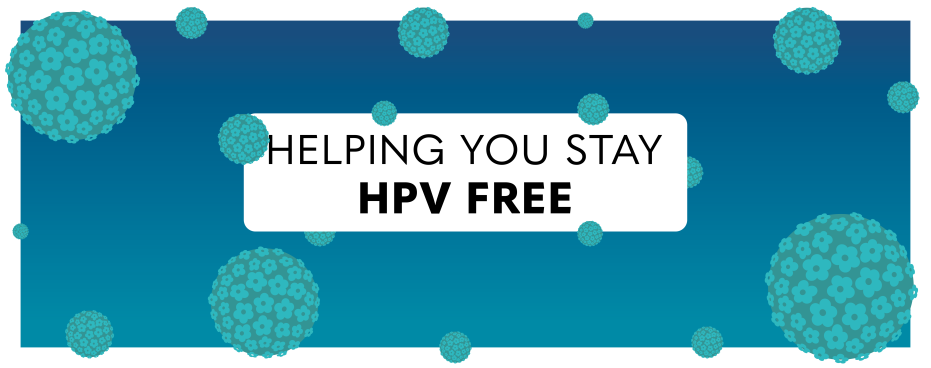22/04/2024
Human papilloma virus aka HPV vaccination began in the UK in 2008 for all girls aged 12-13. Since then, more than 10 million people have been vaccinated against HPV resulting in large reductions in the rates of cervical cancer. However, if you left school before 2008, there’s a good chance you missed out on the vaccination. Keep reading to find out what HPV is, how its connected to cancer, why HPV vaccination is so important, and details on the vaccine we provide.
WHAT IS HPV?
The Gardasil 9 vaccine is available at Randox Health clinics. This vaccine helps protect against disease caused by 9 common types of HPV including types 16 and 18 including cervical cancer and genital warts in both males and females.
HPV is a virus which is highly tissue-specific in both men and women. Around 80% of people will contract HPV at some point in their lifetime1. The immune system usually does a good job of clearing the infection from our system, however, for some the infection is persistent and may lead to pre-cancerous changes or lesions2.
There are over 200 strains of HPV with at least 14 types classified as ‘high-risk’ strains. The most notable are types 16 and 18. These types are responsible for the most HPV-related cancers, making up around 70% of cervical cancers and pre-cancerous cervical lesions1. In addition to cervical cancer, HPV is also known to cause a range of other cancers. It is estimated that over 90% of anal and cervical cancers, 70% of vaginal and vulval cancers and 60% of penile cancers are caused by HPV infection1. Finally, HPV infection can cause genital warts in both men and women and has been associated with head and neck cancers.
HPV is mostly spread through sexual activity. However, transmission can occur through skin-to-skin contact. For this reason, condoms aren’t as effective at stopping HPV transmission as they are with other sexually transmitted infections. This means that vaccination and screening for HPV is extremely important to reduce the spread of this virus.
Vaccination is the process of administering a vaccine to stimulate an individual’s immune system to develop adaptive immunity to a pathogen – a disease-causing organisms or substance. Vaccines are composed of inactivated components or weakened forms of a pathogen. Upon administration, they are recognised by the immune system, triggering a response that prepares the body to fight off an active infection should the individual be exposed to the actual pathogen in the future.
Think of a vaccine like a fire drill for your immune system. Just as a fire drill prepares people to respond quickly and efficiently in case of a real fire, a vaccine trains your immune system to recognise and fight off specific germs. The inactivated or weakened parts of the pathogen introduced by the vaccine serve as a ‘practice fire,’ allowing your immune system to rehearse its response. This way, if the real ‘fire’ – the actual pathogen – ever invades your body, your immune system is already trained and ready to extinguish it quickly, preventing the disease from spreading and causing harm. The HPV vaccine then, trains your body to recognise and fight off an HPV infection before it can cause harmful effects that can lead to conditions such as cancer. The HPV vaccine has been shown to be effective, preventing up to 90% of cervical cancer3, as well as providing protection against anal, vaginal and vulval cancers and reducing the risk of HPV-related cancers of the throat and penis1.
In the UK, a national vaccination programme commenced in 2008 for all girls ages 12-13 with catch up campaigns for girls up to aged 18 running for the first 2 years of the programme. Since 2019, HPV vaccination has also been offered to all boys aged 12-13 years. Estimates claim that 80% of women aged 14-15 years old have been vaccinated4. Since the inception of the UK programme, infections of HPV types 16 and 18 in women between 16-21 years old have fallen by 86% in England4. However, if you’re a woman and finished school before 2008, or are male and started school before 2019, the chances are you haven’t been vaccinated and you might still be at risk of developing an HPV-related disease.



